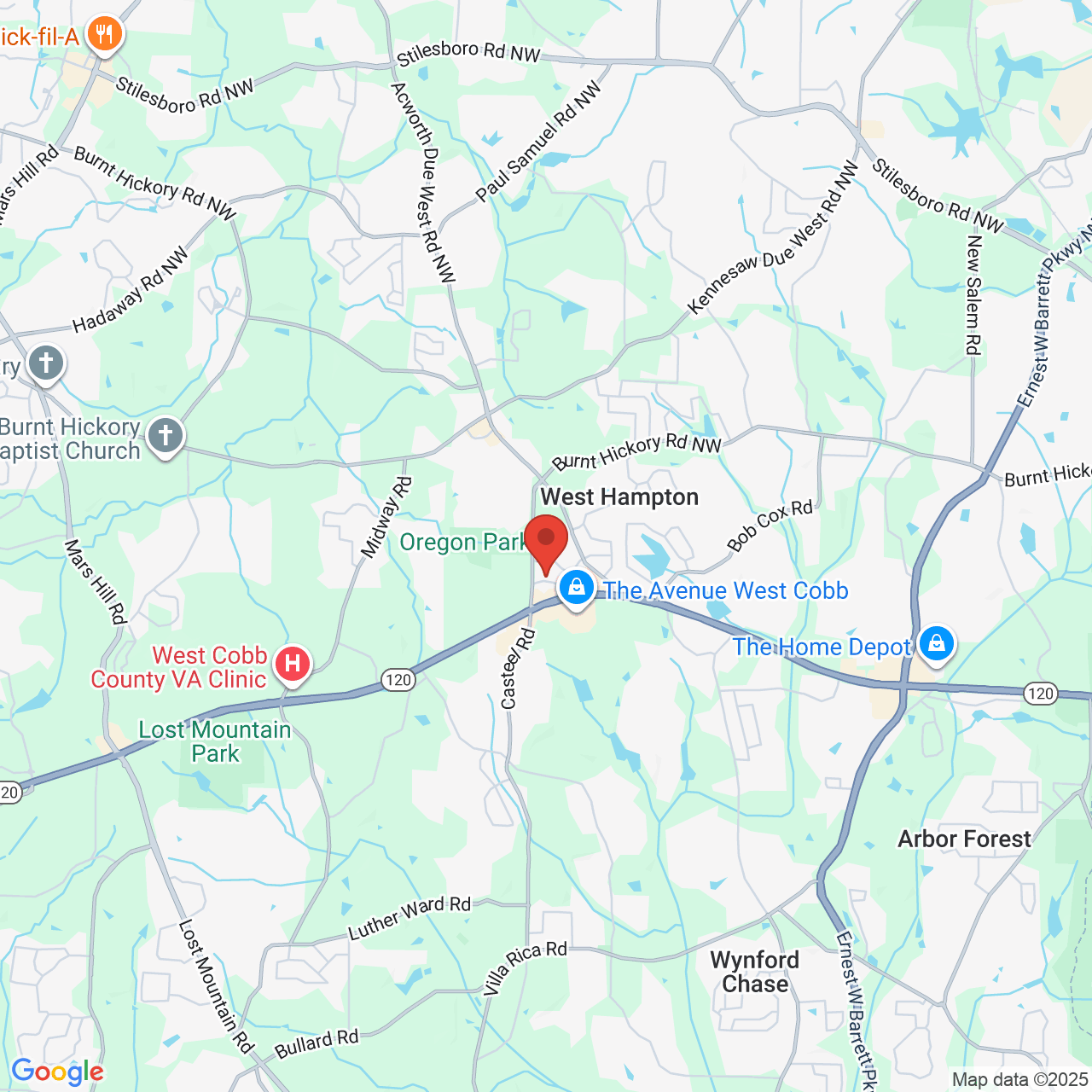Antifreeze Poisoning
What is antifreeze poisoning?
Ethylene glycol is the major component of antifreeze (radiator fluid). This chemical is also found in other substances, including photo-developing fluids, paints, and some cleaning products. Its sweet taste can be attractive to pets, or they may drink it when it is in the water (such as the toilet bowl in motor homes) or when they come across it in a puddle in the street or driveway. Cats may ingest it when cleaning their feet after stepping in antifreeze. Unfortunately, it causes serious kidney failure when ingested. The average size cat needs to drink only a teaspoon to cause potentially fatal kidney failure and dogs only need a tablespoon.
What are the symptoms?
Early symptoms can occur within 30 minutes of ingestion but may take as long as 12 hours. Symptoms include the following:
- Excessive thirst
- Excessive urination
- Vomiting
- Dullness
- Acting drunk (unsteady gait, incoordination, unusual behaviors, sleepiness
These signs may improve without treatment, leading many owners to think that there is no danger. One to 3 days later in dogs, 12 to 24 hours later in cats, signs of kidney failure begin to appear. These signs may include vomiting, lack of appetite, and a decrease in urine volume.
What tests are needed?
A specific blood test can be performed to determine if ethylene glycol is present. Once kidney failure has begun to develop, your veterinarian may find abnormalities in blood tests, including an increase in kidney function results (blood urea nitrogen - BUN- and creatnine). The potassium level may also be elevated, sometimes to levels that make the heart stop beating.
A certain type of crystal called calcium oxalate may be seen in the urine. These crystals will not appear until 3 hours after drinking ethylene glycol, because it takes the body that long to convert ethylene glycol into this by-product. In fact, it is the by-products of the body trying to get rid of the ethylene glycol that are the most toxic to the kidneys.
What treatment is needed?
If your pet recently ingested ethylene glycol (within a few hours), your veterinarian may try to make your pet vomit to get rid of any ethylene glycol that has not yet been absorbed. Activated charcoal may then be given to bind any ethylene glycol that is still in the intestines, to prevent it from being absorbed. However, ethylene glycol is absorbed into the system from the stomach too rapidly for these treatments to help most poisoned dogs and cats.
The antidote to ethylene glycol in dogs is called Antizol-Vet. It blocks the body's ability to transform ethylene glycol into the more toxic by-products, allowing the unchanged ethylene glycol to be eliminated through the urine. If Antizol-Vet is not available, or if a cat needs to be treated, ethanol (drinking alcohol, such as vodka or Everclear) can be used instead. If the antidote is given within the first 6 hours after ingestion and BEFORE kidney failure develops, it can prevent the development of kidney failure in dogs. Cats are much more susceptible to the toxic effects of antifreeze, and they can develop kidney failure unless treated within 3 hours of ingestion.
If kidney failure has already developed by the time the diagnosis is made, other treatments for acute kidney failure should begin.
These treatments include the following:
- Intravenous fluid administration
- Diuretics to increase urine flow if urine volume is decreased
- Drugs to help control stomach ulcers caused by kidney failure
- Other treatments based on the individual pet's condition
If the kidney failure does not respond to these treatments, dialysis (either peritoneal dialysis or hemodialysis) can be used. Both are extremely labor intensive and expensive. Either treatment requires referral to a specialty veterinary hospital.
What is the prognosis?
The prognosis if treatment is started right after ingestion (within hours) is pretty good for dogs. Once kidney failure has developed, however, the prognosis is poor. The likelihood of recovery depends on how much ethylene glycol was ingested and how rapidly treatment was begun. Many pets will die of the kidney failure. Of those that do survive, most are left with kidney damage of varying degrees. Dialysis increases the chance of recovery, although it may take weeks to months. If the kidney does not heal within that time, kidney transplantation may be appropriate.
“Safer" antifreeze has been developed and contains mostly propylene glycol instead of ethylene glycol. Although very large quantities of propylene glycol can be toxic, it is less likely that a dog or cat will willingly drink that amount. Propylene glycol interferes with the ethylene glycol test, giving a false positive result.
Client handout reference from Ettinger: Textbook of Veterinary Internal Medicine, 7th Edition.

